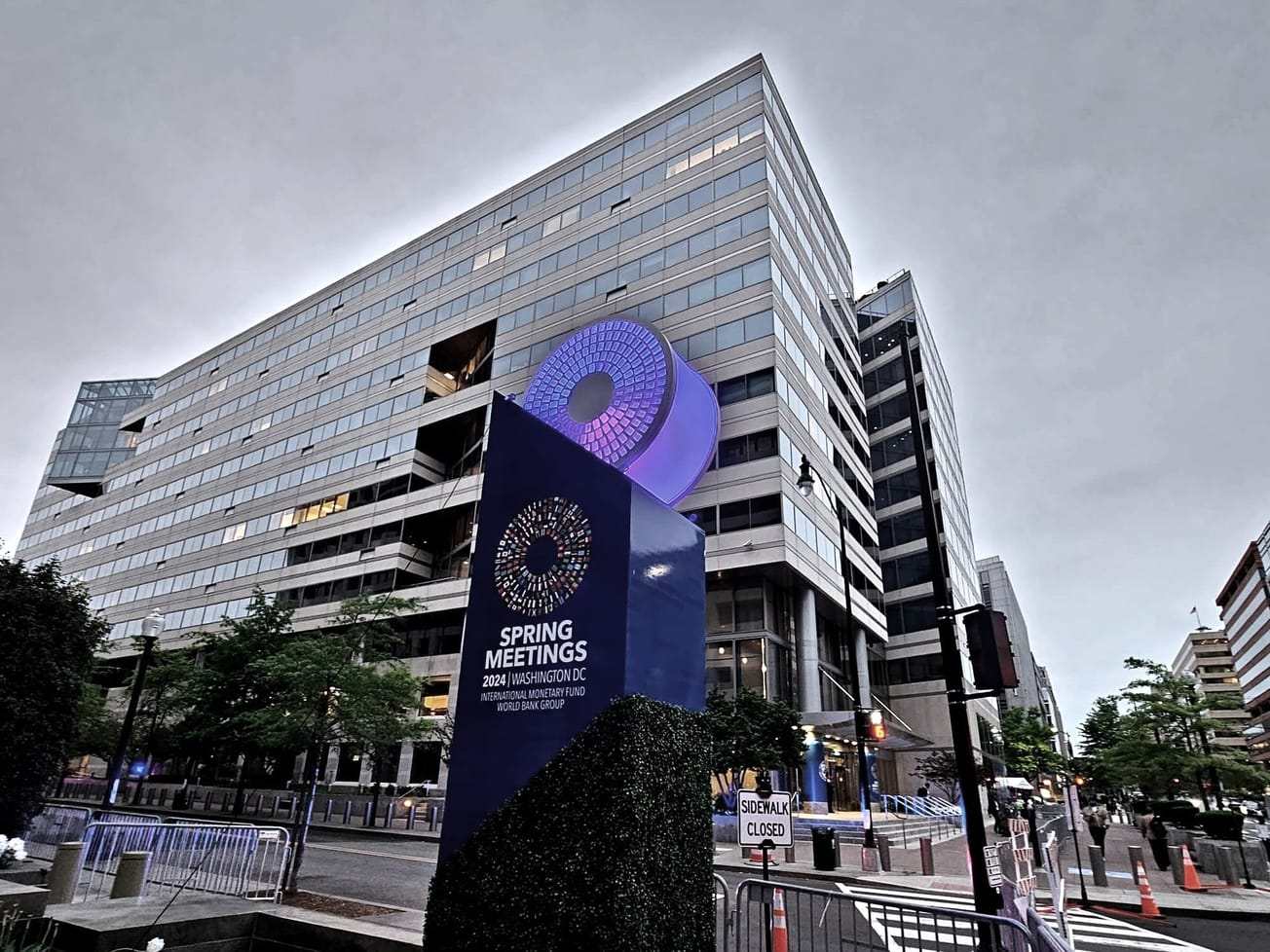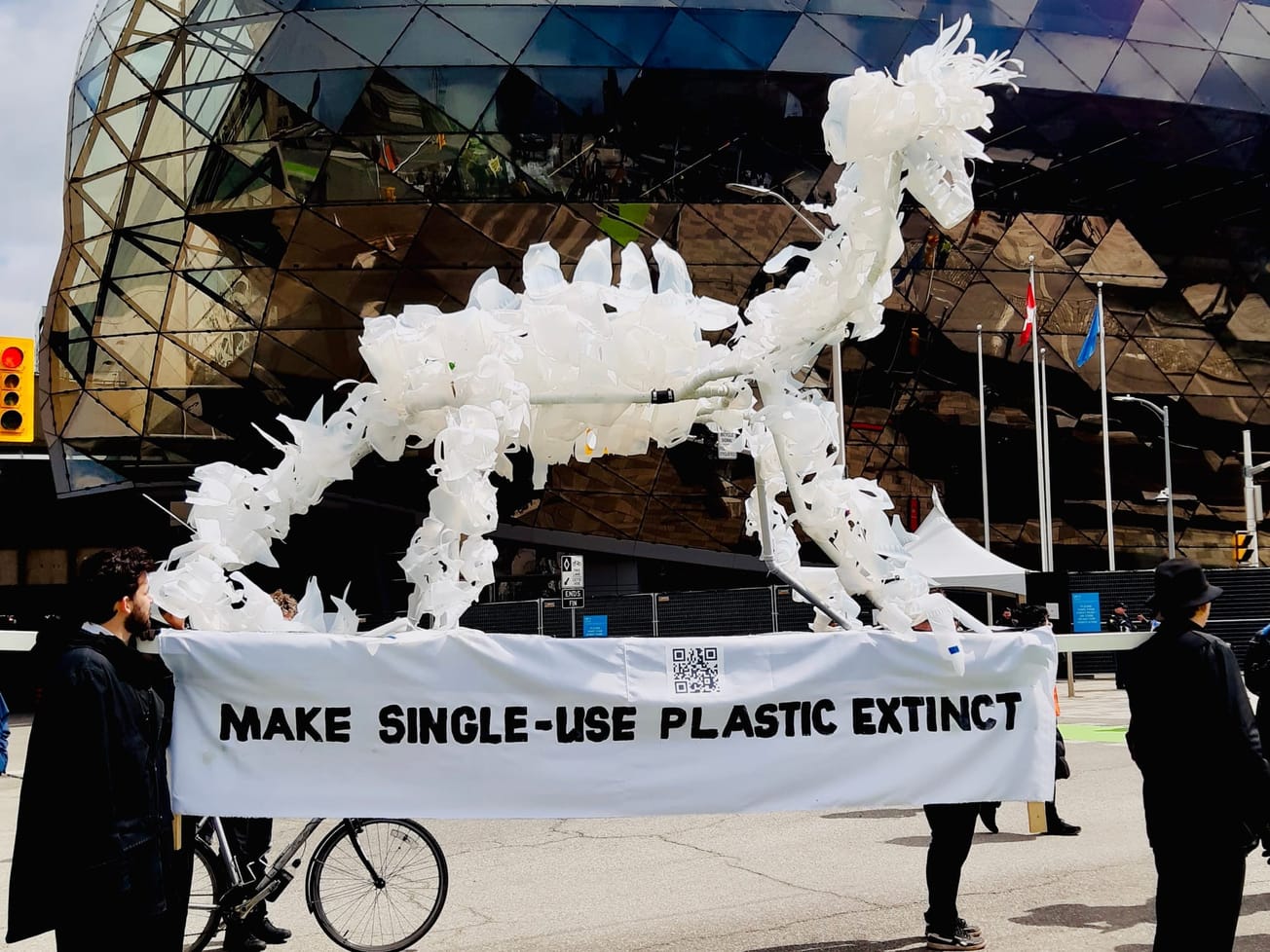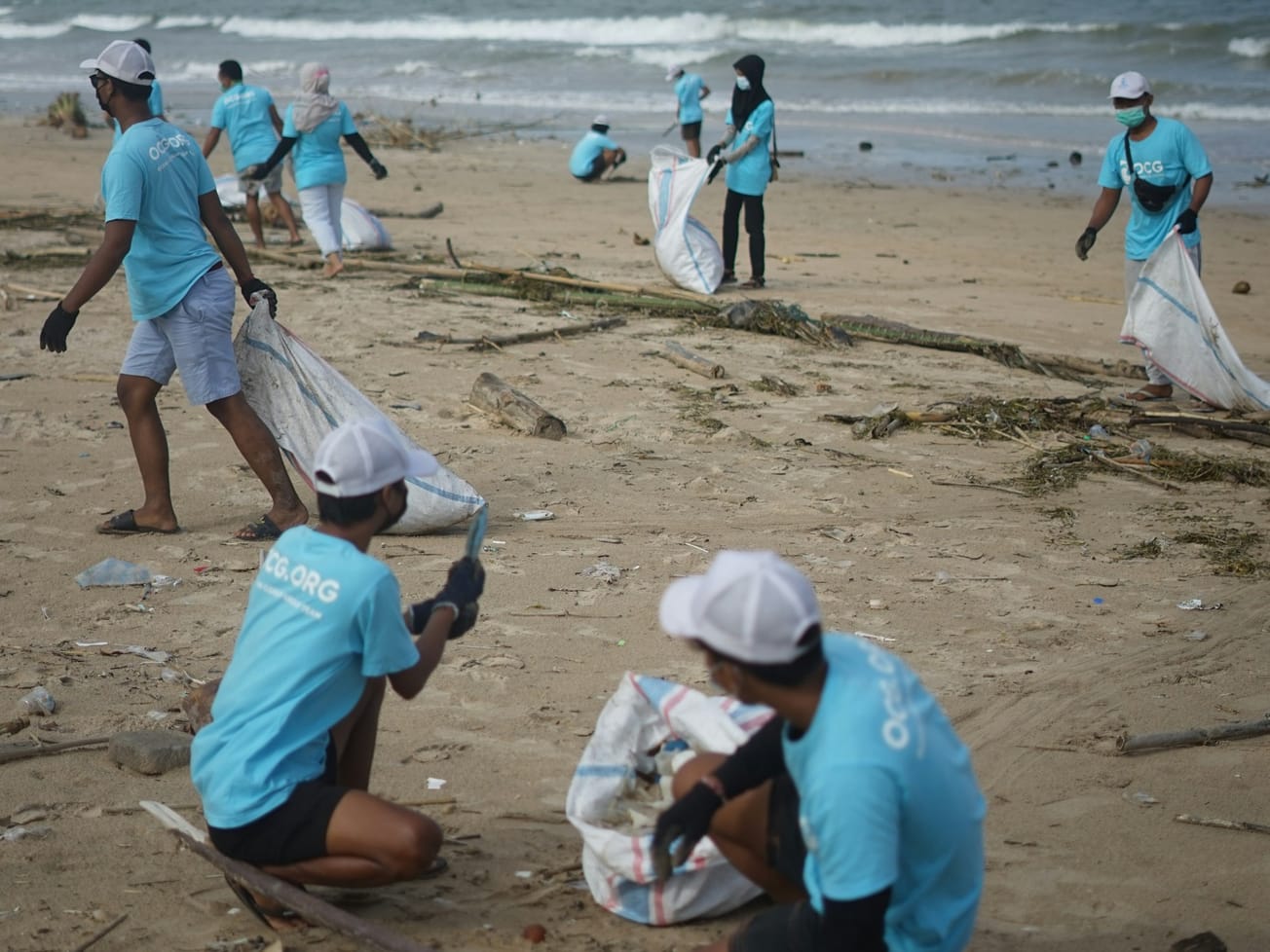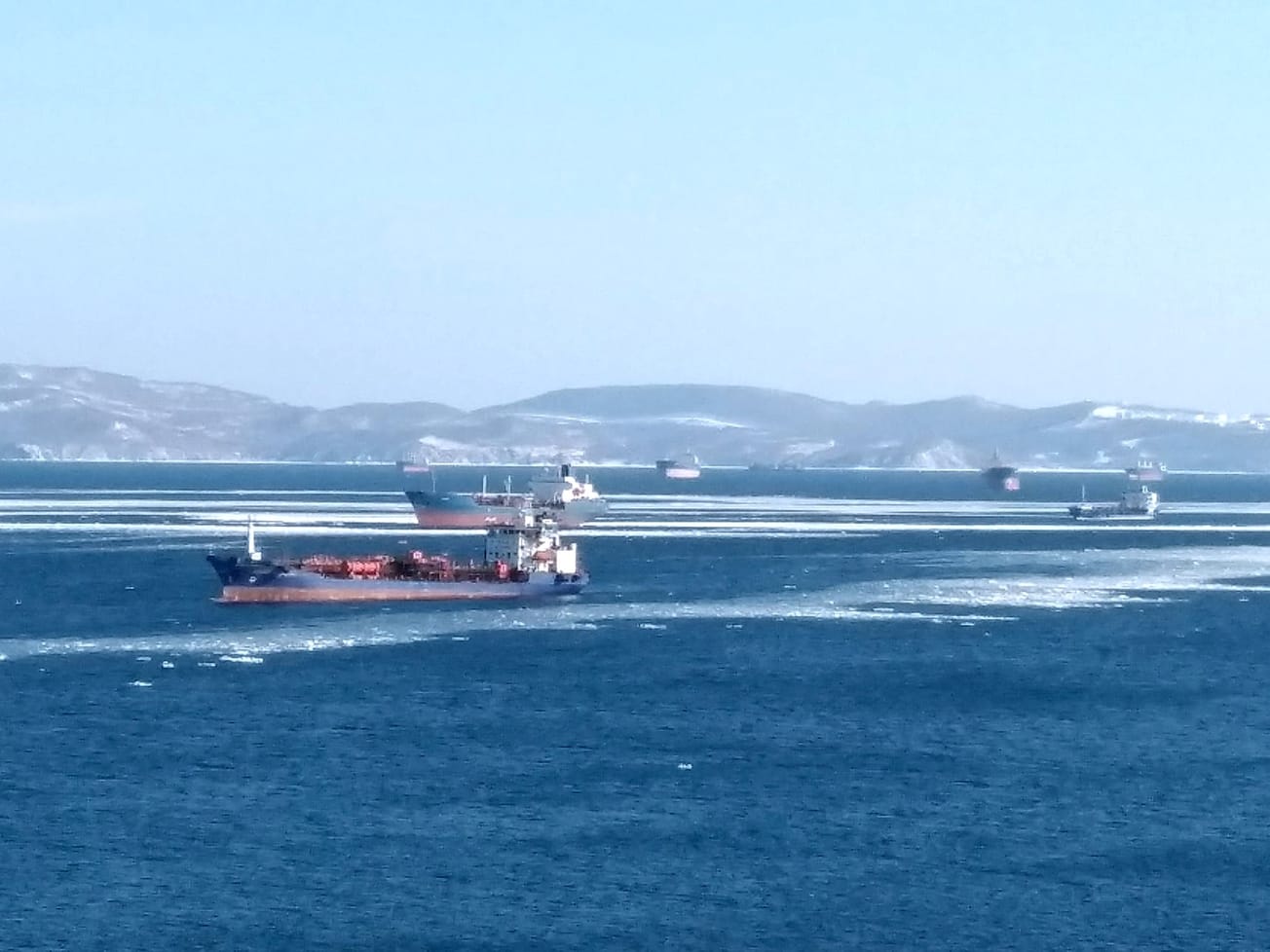WASHINGTON (AN) — Eleven wealthy countries pledged US$11 billion for World Bank efforts to help poorer nations deal with global challenges such as climate change, biodiversity losses and the threat of future pandemics.
Belgium, France, Japan, and the United States pledged to fund the bank's portfolio guarantee platform, which lets rich nations pay borrowers' debts. Denmark, Germany, Italy, Latvia, the Netherlands, Norway, and the United Kingdom made commitments to a hybrid capital instrument. Japan said it also would become the first donor to the bank's new Livable Planet Fund.
“We worked hard to develop these new financial instruments that boost our lending capacity, multiply donor funds, and ultimately allow us to improve the lives of more people,” said World Bank President Ajay Banga.
The bank lowered its equity-to-loan ratio to 19%, down from 20%, freeing up another US$4 billion a year to loan more freely, said Banga, who took as chief last year. It also pledged to boost its share of total annual climate finance to 45%, up from 35%.
He also pointed to new initiatives such as provding 300 million people in Africa with electricity and 1.5 billion people worldwide with health care access by 2030.
The annual spring meetings of the International Monetary Fund and World Bank wrapped up on Saturday in Washington, where the wars in Europe and the Middle East, climate change and soaring national debts hung over the annual talks.
"Fiscal restraint is becoming even more important on its own right because fiscal capacity is exhausted in most countries, and that is dangerously up," IMF Managing Director Kristalina Georgieva told a press briefing.
"Last year global public debt edged up to 93% of GDP. This is some 9 percentage points above the pre‑pandemic level. Debt service is also more expensive, as interest rates have increased," she said. "In a world where crisis keep coming, countries must urgently build fiscal resilience to be prepared for the next shock."
'Limited resources to support basic services'
A small group of nations led by Barbados, France and Kenya met on the sidelines to push for more taxes on fossil fuel burning that developing nations could use to deal with climate shocks.
Some of the options are taxes on fossil fuel producers, aviation and maritime shipping. The group is expected to present its initial findings at the U.N.-hosted COP29 climate summit later this year in Azerbaijan.
At COP29 countries will be obliged to agree on a climate finance target, or new collective quantified goal, for helping developing nations deal with rising temperatures and transition to cleaner energy sources.
U.N. climate chief Simon Stiell estimates the world will need to mobilize at least US$2.4 trillion in climate financing to keep alive the legally binding Paris Agreement's goals of limiting Earth's warming to no more than 2° Celsius – or preferably 1.5° – above pre-industrial levels.
The International Monetary Fund forecast the world economy will keep growing at 3.2% during 2024 and 2025, the same pace as in 2023. But the 3.1% forecast for global growth five years from now is at its lowest in decades.
Global inflation, meanwhile, is forecast to decline to 5.9% in 2024 and 4.5% in 2025, down from 6.8% in 2023. IMF called the global economy "surprisingly resilient, despite significant central bank interest rate hikes to restore price stability."
But high debt levels are crippling low-income countries, including many in Africa, where debt service payments rose to an average of 12%, up from 5% a decade ago. The World Bank says about 60% of low-income countries are at high risk of debt distress, or already experiencing it.
Amid disagreements over wars in Ukraine and the Middle East, the World Bank-IMF Development Committee failed to agree on a final communiqué, leaving its chair, Mohamed bin Hadi Al Hussaini, United Arab Emirates' minister of state for financial affairs, to issue his own statement.
Global economic conditions are better than expected as fears of recession fade and inflation moderates, but economic prospects are subdued, Al-Husseini said. In many developing countries, he noted, post-pandemic recovery is weak, aggravating economic and social stresses and inequality, and harming the most vulnerable.
"Many developing countries also face heavy debt burdens and constrained fiscal space," he said. "This leaves limited resources to support basic services, such as functioning health care systems, food and nutrition security, quality education, social protection, and clean water and energy, and makes it harder to build resilience to global challenges like climate change, pandemics, and fragility."









